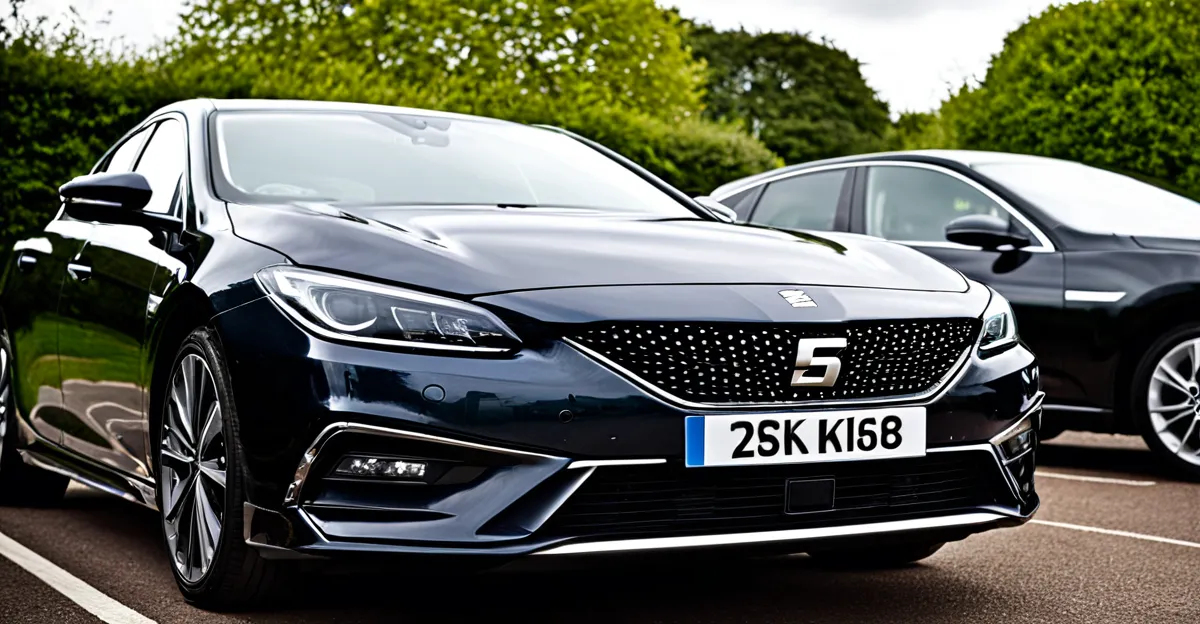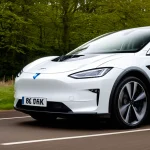Evolving Consumer Preferences in the UK Automotive Sector
Recent trends in UK automotive consumer preferences reveal a notable shift. Buyers are prioritizing factors beyond traditional specifications, influenced by evolving lifestyles and economic considerations. For example, there is a growing demand for vehicles that align with environmental values and offer advanced technology features.
Key drivers of this change include heightened environmental awareness, digital connectivity expectations, and flexible ownership options. Shoppers increasingly weigh sustainability in the UK automotive sector and practical usage needs. Urbanization also influences the shift, pushing buyers towards compact or electric vehicles that better suit city living.
This might interest you : What Are the Long-term Effects of Electric Vehicles on the UK Automotive Industry?
These trends compel car manufacturers and dealerships to adapt swiftly. Brands now must innovate to offer eco-friendly, technologically advanced cars while presenting flexible purchase or leasing options. Dealerships face the task of guiding evolving consumer choices through personalized service. This evolution highlights how the automotive market shifts are not just responding to but anticipating consumer demands based on environmental, technological, and lifestyle factors, reflecting a dynamic transformation in what car buyers value most.
Electric Vehicles, Sustainability, and Environmental Concerns
Electric vehicle adoption in the UK has accelerated significantly as consumers prioritize sustainability in UK automotive choices. Motivations such as reducing carbon emissions and lowering fuel costs are key drivers behind this trend. Many buyers now seek vehicles that align with environmental values, reflecting deeper UK automotive consumer trends that favor eco-friendly options.
Topic to read : What Innovations Are Currently Leading the Charge in the UK Automotive Industry?
Environmental factors in car buying decisions include concerns over air quality, government incentives promoting zero-emission vehicles, and stricter emissions regulations. These combine to elevate the importance of electric models within the broader automotive market shifts. However, barriers remain: range anxiety, charging infrastructure availability, and higher upfront costs still deter some potential buyers.
Manufacturers and dealerships are responding by expanding electric portfolios and educating consumers about long-term benefits. Incentivizing test drives and offering clearer information on maintenance and charging can help address concerns. Consequently, the evolving emphasis on electric vehicle adoption and sustainability is reshaping how consumers approach car purchases, marking a pivotal change in the UK’s automotive landscape.








